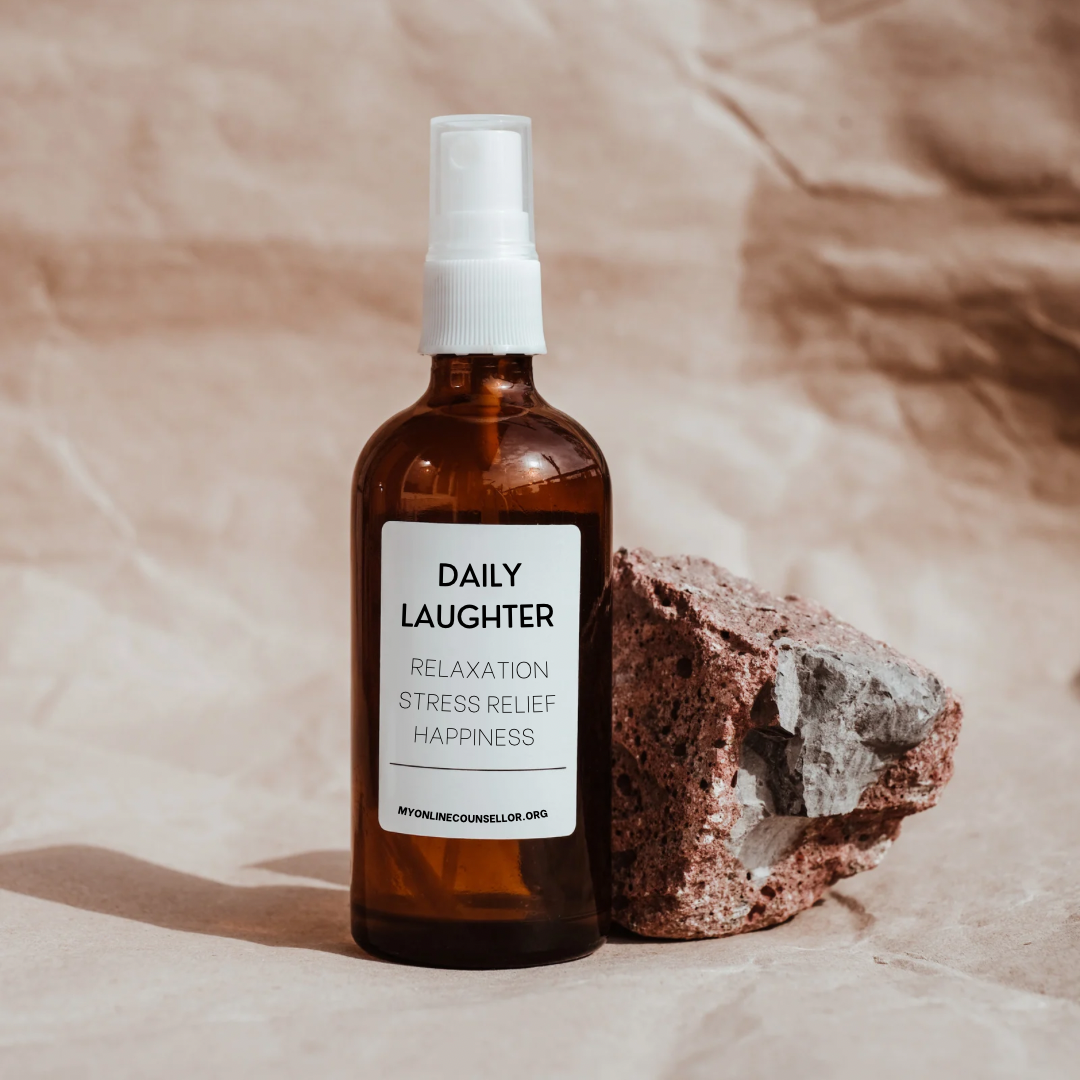You know that feeling when someone makes a remark, and before you even process it, laughter just bursts out of you? That uncontrollable, belly-shaking, eyes-watering kind of laughter? It’s called Duchenne laughter the real deal. It happens when neural pathways deep in your brain fire off before you’ve even had a chance to think. It’s effortless, joyful, and deeply human.
But what happens when laughter disappears?
The Client Who Forgot How to Laugh
Take James (not his real name), a client who joined me online for our first counselling session carrying a weight that had settled over him like a thick fog. He had lost his job, his marriage was on the rocks, and worst of all he couldn’t remember the last time he laughed.
I used to be the funny one, he told me. The guy who made everyone else laugh. Now? Nothing’s funny. Not even those stupid cat videos my sister keeps sending me.
When laughter vanishes, it’s often a sign that something deeper is at play. Depression, anxiety, grief all of these can switch off the brain’s pleasure centres. But just as laughter fades, it can also be rediscovered.
Why We Laugh
Philosophers and psychologists have spent centuries trying to pin down what makes us laugh. Here are a few of their best guesses:
- Social Signalling: Laughter is a way of bonding, a signal that says, I like you, we are on the same page. That is why we laugh more in company than when were alone.
- Schadenfreude: That guilty chuckle when someone trips over their own feet? That is schadenfreude finding humour in someone else’s misfortune (even if we don’t want to admit it).
- Incongruity: When reality doesn’t match expectations think of a dog wearing sunglasses or a child delivering a sarcastic one-liner it sparks amusement. It’s our brain’s way of recalibrating when life throws something unexpected at us.
Bringing Laughter Back
For James, we started small. I asked him to think about a time when he had laughed so hard he couldn’t breathe. At first, he struggled. But then, a memory surfaced of him and his best mate in a pub, helpless with laughter over an embarrassing karaoke performance.
I encouraged him to reconnect with that version of himself the one who found joy in the absurd. We practised fake laughter (yes, really), and while it felt ridiculous at first, his brain didn’t know the difference. Before long, he was laughing for real.
We also worked on seeking out laughter deliberately:
- Watching comedies instead of the news.
- Spending time with friends who made him feel good.
- Giving himself permission to be silly.
Because here is the thing laughter isn’t just a reaction. It’s a practice.
The Pleasure Principle
Life is tough, but laughter is one of our best survival tools. As psychologist Natalie Dattilo put it, when you are not regularly activating the pleasure/reward centres of the brain, they go offline. So in order to feel good, we have to practise feeling good.
James didn’t wake up one morning and suddenly find life hilarious again. But over time, by deliberately inviting laughter back in, something shifted. One day, he walked into my office grinning.
Your’re not gonna believe it, he said. I laughed so hard at something stupid on TV last night, I had to pause it just to breathe.
That’s the power of laughter it sneaks up on you when you least expect it. And when it does, it reminds you that, no matter how hard life gets, joy is always waiting to be rediscovered.

